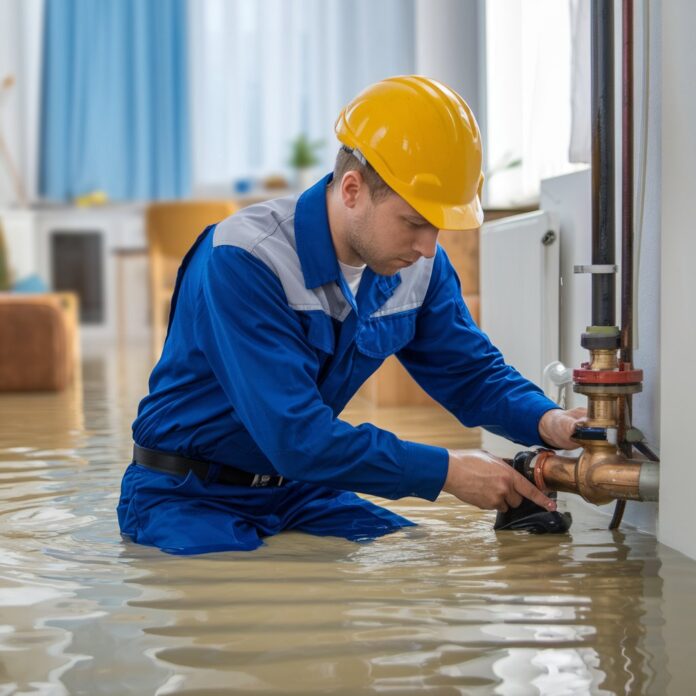Facing a plumbing emergency can be overwhelming for any homeowner, particularly without prior knowledge of handling such situations. This comprehensive guide is designed to equip residents with essential steps and considerations for urgent plumbing issues, while effectively utilizing the services of an emergency plumber.
Understanding Plumbing Emergencies
- Identify What Constitutes an Emergency: Not all plumbing issues require immediate attention, but some situations, like burst pipes, severe leaks, and backed-up sewage systems, are classified as emergencies because they can cause significant damage or pose health risks.
Common Emergency Scenarios:
- Burst pipes due to freezing or wear and tear
- Overflowing toilets
- Blocked drains causing water to back up
- Gas line problems
- Major leaks in plumbing fixtures
Knowing how to recognize these problems as emergencies is crucial for timely intervention and to minimize damage.
Immediate Steps to Take
- Shut Off the Water: The first step in any plumbing emergency is to stop the flow of water. Locate and turn off the main water shut-off valve in your home to prevent further water damage.
- Turn Off the Water Heater: To avoid damage to your water heater and to prevent overheating or bursting, it’s important to turn it off if you’ve shut down the main water supply.
- Open Outside Spigots: To drain the pipes and divert water away from potential damage areas, open any spigots outside the house.
- Assess the Situation Safely: Quickly assess the level of damage or the potential for damage to determine your next steps. If the situation is beyond simple fixes, it’s time to call an emergency plumber.
Choosing the Right Emergency Plumber
- Availability: Ensure the plumber offers 24/7 emergency services. Plumbing issues don’t stick to business hours, and immediate response is often required.
- Licenses and Insurance: Verify that the plumber is licensed and insured. This provides protection against accidents or further damage.
- Experience and Reputation: Look for plumbers with extensive experience and positive reviews. Experienced professionals can efficiently diagnose and solve emergency plumbing issues, which is crucial in a crisis.
- Response Time: In an emergency, every second counts. Choose a service known for quick response times in the area.
Long-Term Prevention Tips
- Regular Maintenance: Preventive maintenance is key to avoiding plumbing emergencies. Regular checks can identify potential problems before they escalate.
- Know Your Plumbing System: Understanding the layout of your plumbing system, including the location of shut-off valves, can save valuable time during an emergency.
- Install Alarms: Consider installing water leak detection systems or alarms, especially in areas prone to water damage.
Building a Relationship with Your Plumber
In West Valley, having a reliable emergency plumber is crucial when disaster hits. Establishing a relationship with a local plumber ensures you have an expert familiar with your home’s plumbing system, offering tailored advice and service.
Conclusion
Preparing for a plumbing emergency involves more than just having a plumber’s contact. It requires knowing immediate actions to take, like shutting off the main water valve to prevent flooding. Additionally, it’s crucial to select the right professional for the task at hand—whether a specialist for specific problems or a general plumber for broader needs. Regular inspections of pipes and fixtures are vital preventive measures that can greatly reduce the likelihood of future issues. For homeowners, grasping these fundamentals will help manage plumbing crises more efficiently and with less stress. Equipping yourself with a basic toolkit, familiarizing yourself with common plumbing problems, and staying informed about the latest plumbing technologies can also boost preparedness and confidence in handling such situations.




